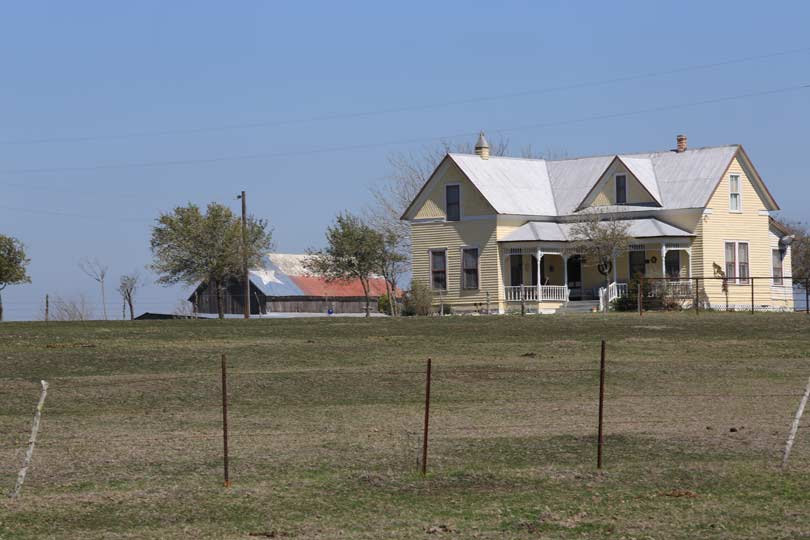With schools and offices throughout the country closed to stem the spread of COVID-19, access to rural broadband is critical as students and employees transition to online classrooms and teleworking.
Unfortunately for many in rural America, an already troubling situation is being made worse by lack of the critical connections only high-speed internet can provide. Data compiled by the Federal Communications Commission shows that 26.4% of rural Americans lack access to broadband compared to only 1% of urban Americans.
“Rural students without broadband access are going to be very limited in their ability to stay connected with their teachers and peers and stay on top of their schoolwork. And in many cases, adults in rural households have off-farm jobs that may require them to work from home at this time. Without that option, their jobs could be in jeopardy,” RJ Karney, American Farm Bureau Federation director of Congressional Relations, said.
With the drastic decline in primary care physicians throughout rural America, broadband access is also important for rural medical facilities, because it allows medical personnel to consult with specialists on test results, diagnoses and treatments.
“With health care facilities in all communities poised for an onslaught of potentially very sick and certainly very contagious COVID-19 patients, doctors and nurses in rural facilities have to be able to quickly connect with specialists,” Karney said. “Telemedicine networks, which require broadband access, are likely the best way to do that.”
There’s also the human connection to consider, Karney noted.
“At a time when we’re supposed to be isolating ourselves to protect our physical health, keeping in close touch with friends and family is important to our mental health. Many of us rely on high-speed-internet-dependent tools like Facebook, Facetime and Skype to do that,” he said.
Ensuring reliable access to broadband throughout rural America is a priority for Farm Bureau.
The group praised Congress’ recent passage of the Broadband Deployment Accuracy and Technological Availability (DATA) Act, which requires broadband providers to report more specific data to create a significantly more accurate and granular National Broadband Map. With more precise data, federal agencies can target funding to areas that need it most.
Click to learn more about Farm Bureau’s efforts on rural broadband.


We live in the country with pathetic internet service. VERY safe from Corona virus but poor internet service. Our children live in downtown Denver and have been told to work from home. Very unsafe environment! would love to have them here, safe, and they would like to be here, but they know they could not get work accomplished here. PLEASE help!!!
With one home from College and a husband trying to stay home and work…………we do not have enough internet service to get us through this pandemic!
This is a sad and stressful situation.
We need more universal broadband
Connection throughout the US for this and for national security.
COVID-19 certainly has highlighted the need for high-speed broadband for all.
We have two college age Sons. One is trying to do his lessons from home; the other came home but was unable to connect sufficiently. He is a “Senior” in Computer Engineering, at UTSA. He is the lead on several Senior Projects, which require high speed and large amounts of data. He has been forced to return to San Antonio, with an overwhelming increased risk of being exposed to the virus. If he were home his exposure to others would be almost ZERO. I contacted our provider to see if they were doing anything to help people in this situation, they said NO. Other providers offered High speeds, but charged excessive amount for high data usage. if anyone; knows a provider that is reasonable and dependable, we could use one. “Just trying to get our Son back to a safer environment.” STAY SAFE.
The effect of some students not being able to work without a computer has effected some of them by limiting but now the public is helping out by letting kids be able to use computers with there help since most live where they cant get internet or use of a computer.
We are blessed to live on the farm. I don’t want high-speed internet in my home as some studies are showing negative effects. Our two boys are still at TAMU because they need high-speed internet. Yes, that bothers me sons are away but they are growing into men.